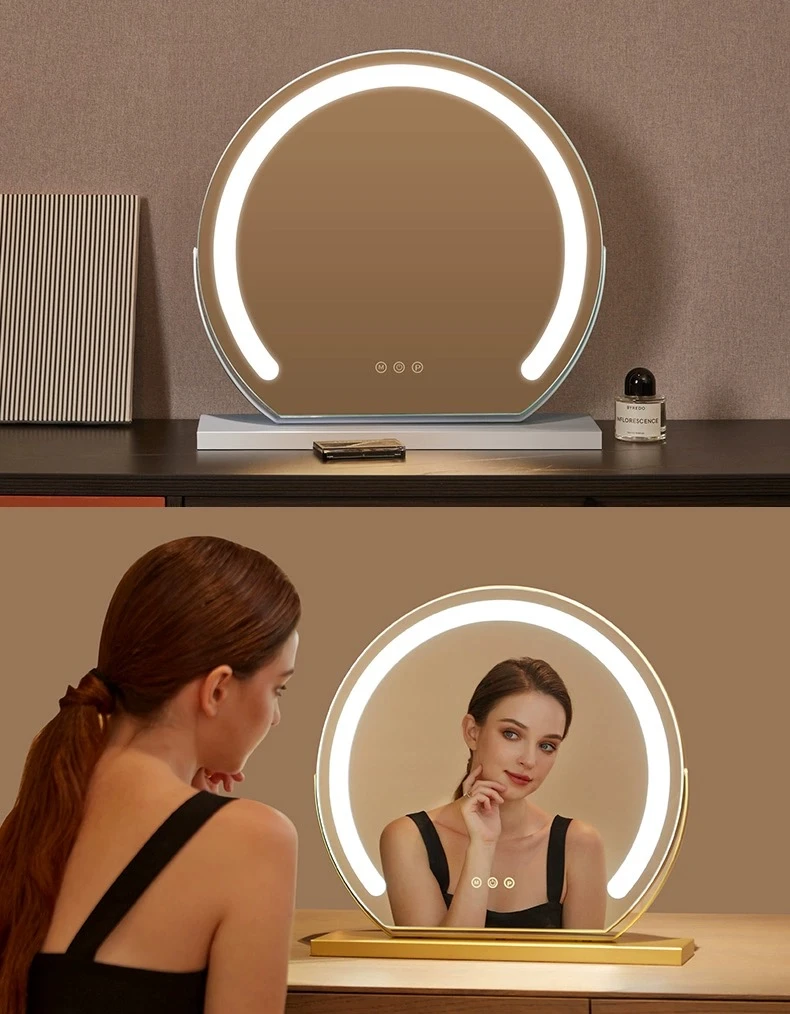Float glass, the backbone of modern architecture and design, stands as a testament to innovation in the glass manufacturing industry. Offering a perfect blend of transparency and durability, it is widely used for various applications and continues to undergo advancements that align with sustainable practices and eco-friendly solutions.

The process of manufacturing float glass involves a unique floating technique. This innovation originated in the mid-20th century, revolutionizing traditional glass production methods. In this method, molten glass is poured onto a bed of molten tin, where it spreads out to form a continuous ribbon. As it slowly cools and solidifies, it's carefully drawn off and cut to size. This technique ensures the production of glass that is flawlessly smooth and exceptionally clear.
Architects and designers across the globe prefer float glass for its unrivaled clarity and light transmission. Whether it's the sprawling facades of skyscrapers or the intricate designs of modern interiors, float glass provides a versatile solution that meets the demands of aesthetic appeal and structural integrity. Its use isn't limited to just construction; float glass is also prevalent in automotive industries, providing safety glass that is both lightweight and strong.

Sustainability remains a critical focus in today's architectural trends.
Float glass manufacturing has adapted to this need by integrating energy-efficient production processes. Modern float glass facilities have implemented recycling programs that substantially reduce waste, and advancements in furnace technology have decreased the carbon footprint associated with its production. Recycled glass, or cullet, is often incorporated into the production cycle, minimizing resource consumption and enhancing the sustainability profile of the glass.
float glass
Expertise in float glass manufacturing is crucial as the industry constantly evolves. Professionals involved in this field are highly skilled artisans who understand the nuanced demands of the manufacturing process. Their expertise ensures the production of glass that not only meets but exceeds international safety and quality standards. Continuous research and development efforts are directed towards improving the thermal insulation properties of float glass, making it a significant component in the drive for energy-efficient buildings.
Trustworthiness in float glass products is non-negotiable, given their critical role in safety and structural applications. Manufacturers adhere to stringent regulatory standards and employ rigorous testing protocols to ensure each sheet of glass meets exacting standards. Certifications from recognized bodies further reinforce the trust that consumers and industries place in float glass products.
The versatility of float glass is nearly unmatched, which makes it a staple in newer technologies as well. Its use in solar panels is expanding as demands for renewable energy sources grow. The precise characteristics of float glass make it an ideal candidate for maximizing the efficiency of solar cells, a testament to its adaptability and forward-looking applications.
As an authority in the glass industry, float glass continually sets benchmarks in quality and innovation. By embracing cutting-edge manufacturing techniques and sustainable practices, float glass not only meets current industry demands but also anticipates future trends. This makes it not just a product of choice today but a material poised to shape the architectural and technological landscapes for years to come, reflecting the perfect harmony of experience, expertise, authoritativeness, and trustworthiness in every sheet produced.



